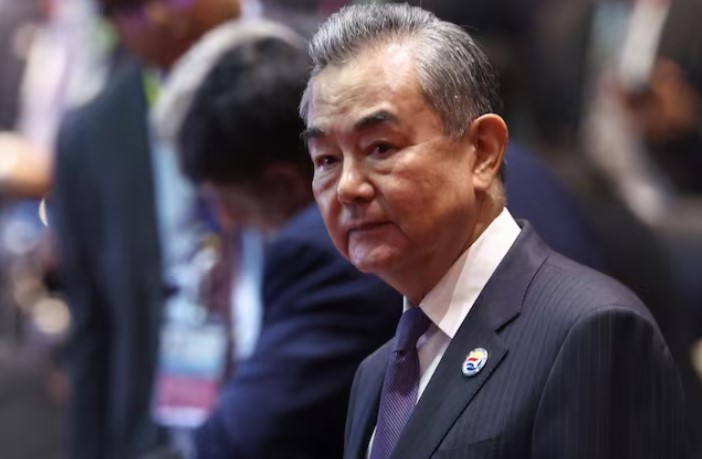China offers zero-tariff measures to 53 African countries, excluding Eswatini

In recent years, Beijing has deepened cooperation with African countries across a spectrum from agriculture to infrastructure, consolidating its position as the continent's largest lender.
China has announced plans to extend zero-tariff measures to 53 African nations with which it maintains diplomatic relations, excluding Eswatini—the continent's sole supporter of Taiwan's independence.
The move, detailed in a statement by China's Foreign Ministry on Wednesday, highlights Beijing's growing economic engagement with Africa as its own growth decelerates.
More To Read
- China deploys 48th Naval Escort Fleet to Gulf of Aden for anti-piracy mission
- Chinese companies are changing the way they operate in Africa: Here’s how
- New report shows China’s growing reach across 101 countries, Africa key to strategy
- 'Yiwu Selection' store debuts in Nairobi, bringing Chinese brands closer to Kenyan consumers
- Kenya doubles down on One-China Policy to woo Beijing
- China's central bank steps up support for small, medium businesses
Africa has become a crucial outlet for Chinese state-owned infrastructure giants and a critical market for Chinese electric vehicles and solar panels.
In recent years, Beijing has deepened cooperation with African countries across a spectrum from agriculture to infrastructure, consolidating its position as the continent's largest lender.
China's trade diplomacy was on display during Foreign Minister Wang Yi's meetings with African officials in Changsha, southern Hunan province.
There, China and 53 African countries issued a joint statement, also endorsed by the African Union Commission, urging all nations, particularly the United States, to resolve trade disputes through "equal, respectful and reciprocal" dialogue rather than unilateral tariffs.
The statement followed the White House's April 2 "Liberation Day" tariff announcement, which imposed punishing levies on several African exporters: Lesotho (50 per cent), Madagascar (47 per cent), Mauritius (40 per cent), Botswana (38 per cent), and South Africa (31 per cent), the continent's largest US trading partner.
In a pointed rebuke, China and its African partners declared their opposition to any trade compromise "at the expense of the interests of other countries."
The move highlights Beijing's efforts to position itself as a defender of developing economies against what it frames as Western protectionism, even as it seeks to cement its commercial footprint across Africa.
Top Stories Today











































